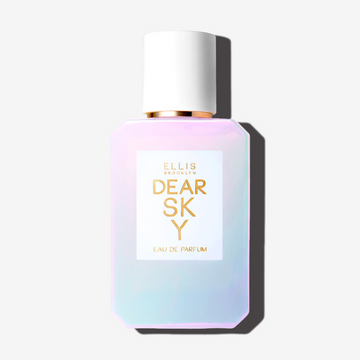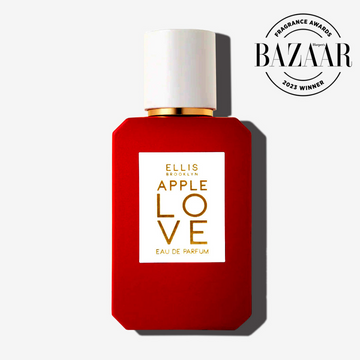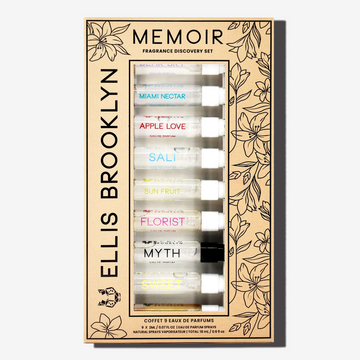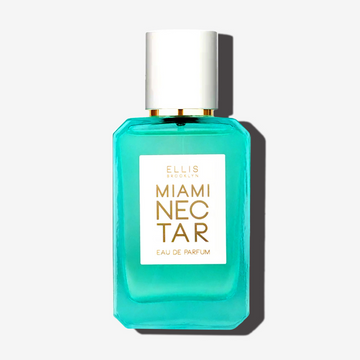We decided at the brand's very beginning that we would assess each ingredient for its safety, beauty and impact on its environment. That means excluding the major toxins many of us know about today, but also the questionable ingredients that are often widely used in the industry. The truth is there are a whole host of ingredients out there that are used by beauty companies for a quick fix but are damaging in the long run. We can think of silicones as a classic example. So many beauty products use silicones as a main ingredient because they are an easy and cheap way to impart a silky, smooth feel, but the truth is they suffocate skin and hair cells and can clog up pores with regular use. In perfumery, phthalates are a big culprit. Not only are they hormone disruptors but they were widely abused in perfumery to extend the longevity of fragrances by binding the scent molecules together like a plastic glue. While you'll still find phthalates in some perfumes today, the fragrance world has been moving slowly away from using phthalates, thanks to the European Union who have banned them in perfumery. But there are new ingredients to watch out for all the time.
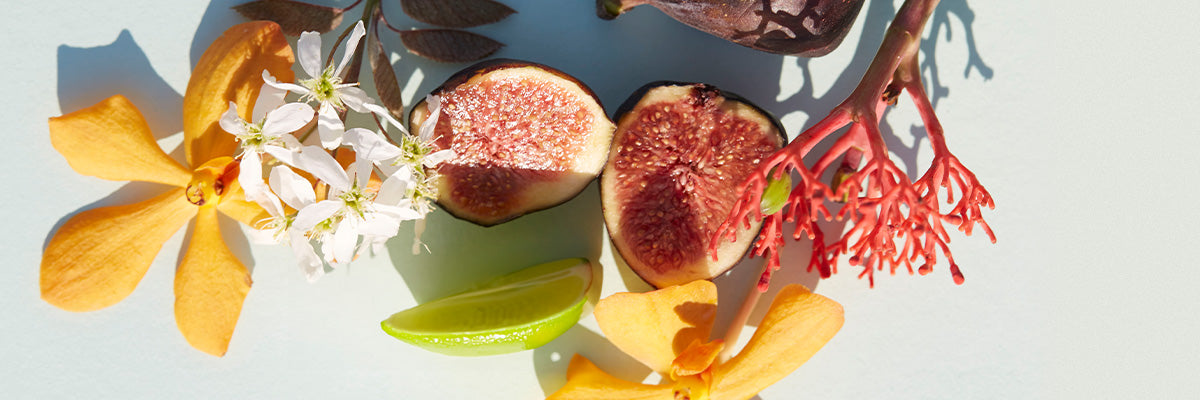
The Ellis Brooklyn Ethos
Sustainable Sourcing
Unforgettable Scents
Our fragrances contain a very high percentage of naturals compared to other luxury fragrances. But our belief is that just as there are good naturals there are bad naturals, and just as there are safe synthetics, so are there unsafe or low quality synthetics that we avoid. Our reasoning behind this is because many naturals actually contain a very high load of allergens and many synthetics actually offer a solid safety profile with minimal to no irritants. For context, it's worthwhile to look at a little perfumery history. In the 19th Century, perfumes were completely natural creations. It wasn't until the 1900s when the fizzy aldehydes and first synthetic musks came to be widely used. And as the perfume industry became more established and more accessible to a broader audience, difficult to get ingredients became even rarer which led to the rise of more synthetics. In fact, synthetics were sometimes created to replace particularly irritating naturals. It's only more recently that with better technology (today's perfume labs are the often the most sophisticated in the beauty world) and serious studies that certain ingredients, both natural and synthetic became highly regulated or banned altogether. It's a wonderful thing that clean fragrance is now the forefront of ingredient safety. Still, in the end, the natural vs. synthetic question is far more complex than many beauty companies will admit. Our philosophy is one of balance: we prefer naturals for their complexity and beauty, but we will use synthetics when they are the safer or more sustainable option.
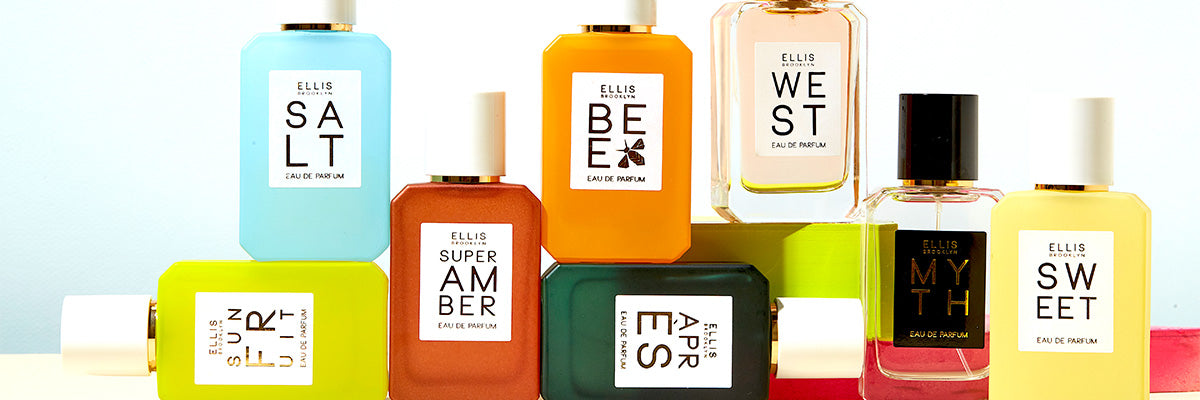
All our eau de parfums are
PETA-certified cruelty-free and vegan

We believe that global standards, which are tested by labs and backed by real science, are the ideal starting point for clean beauty. We do this because the U.S. barely regulates beauty products–only about 30 ingredients are banned. Instead, our starting baseline is the European Union rules, which bans more than 1300 ingredients. From there, we also compare and contrast with rules in Australia, Japan and Canada and any new scientifically backed research that comes out. Fragrance, actually, has even more regulation than other beauty categories. For example, we follow the IFRA testing rules, which are voluntary standards for fragrance safety.
Did you know that plastic packaging leaches, ever so slightly, into your beauty products?
This is why we use glass as our main packaging vessels and minimize any plastic components.
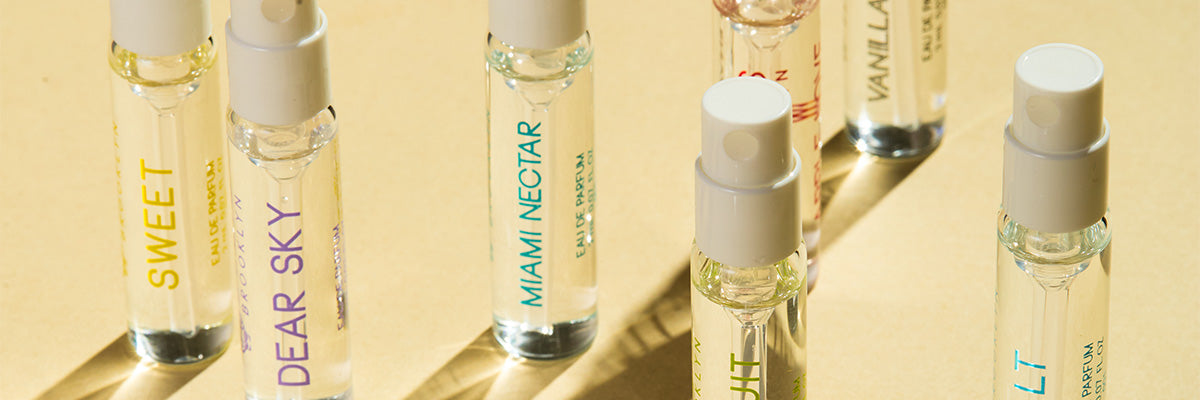
Just as we love naturals, so must we protect them. That includes abiding by the international CITES list for precious materials and preferring natural sources that invest in the supply chain for the long-term. Long-term investment allows the local community to plan for the future and provides stability for families in the region to further long-term infrastructure like education, insurance and housing. We are committed to sustainability, clean formulations and continued innovation in responsible fragrance sourcing and composition. We ship carbon-neutral whenever possible and offset our carbon footprint by contributing to the Carbon Fund annually. We also partner with Ecocert and FSC Certified stock suppliers.
